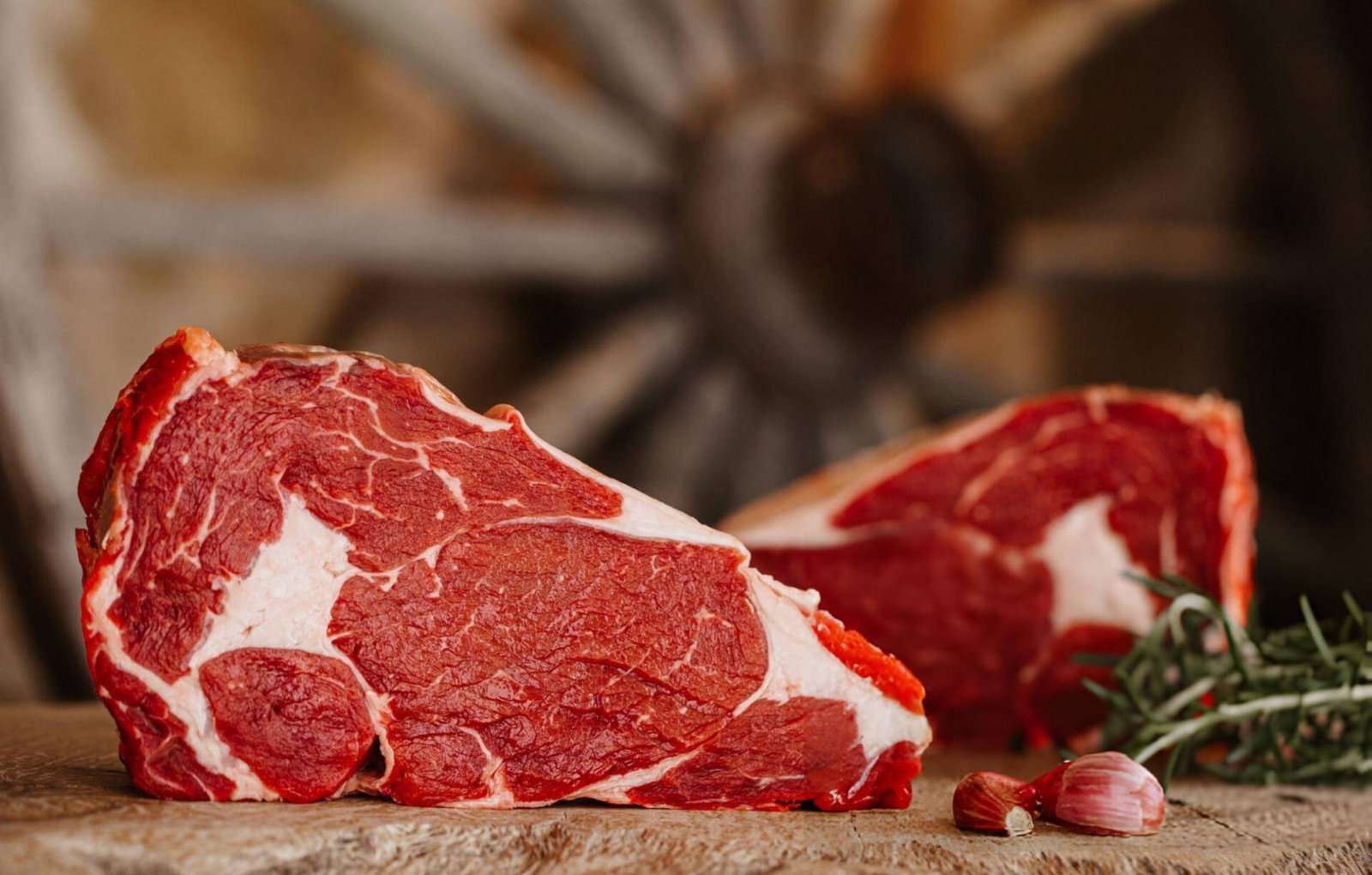Are you curious about the carnivore diet and wondering if it could be the key to unlocking better health? You’re not alone. This diet has been gaining traction among health enthusiasts and nutrition seekers for its potential benefits in weight loss, reducing inflammation, and boosting mental clarity. In this ultimate beginner’s guide, we’ll explore the ins and outs of the carnivore diet, why it’s becoming so popular, and how you can get started on this unique dietary path.
Table of Contents
What is the Carnivore Diet?

The carnivore diet is a dietary approach that focuses solely on animal-based foods. It’s rooted in the belief that humans thrive on a diet composed of meat, fish, eggs, and some dairy products. The core principle is to consume nutrient-dense foods while eliminating all plant-based foods, including fruits, vegetables, grains, nuts, and seeds.
At its core, the carnivore diet emphasizes simplicity and nutrient density. By focusing on high-quality animal products, adherents aim to provide their bodies with essential nutrients without the inflammatory effects that some believe come from plant-based foods. This approach is grounded in the idea that our ancestors primarily consumed animal products, contributing to their robust health and vitality.
Why Choose the Carnivore Diet?
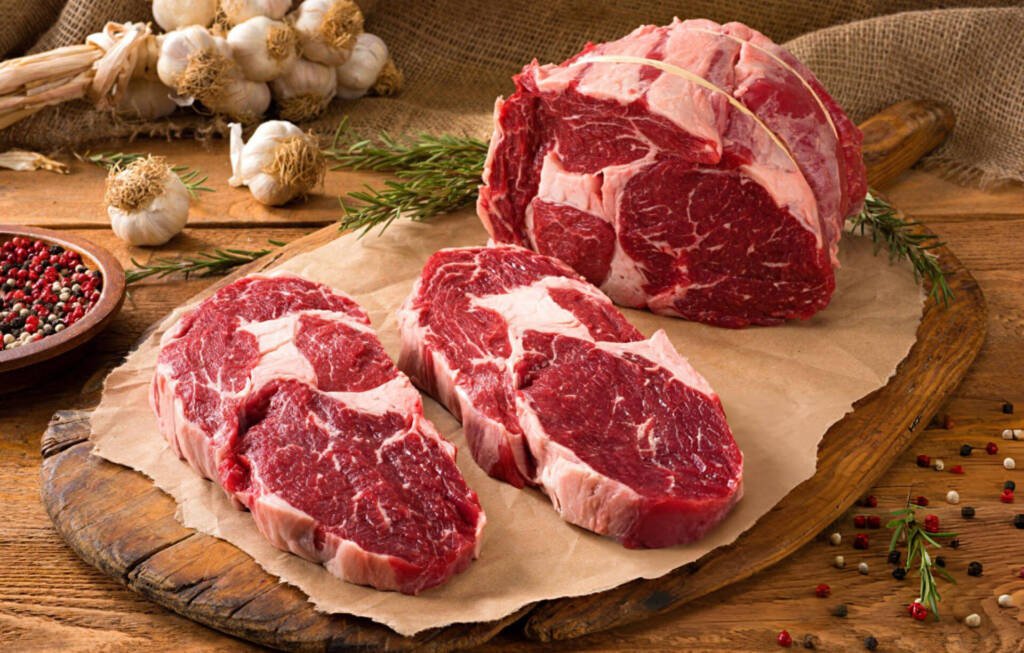
Historical Context and Ancestral Eating Patterns
Many people are drawn to the carnivore diet because it aligns with ancestral eating patterns. Our ancestors thrived on meat-based diets, which provided them with the necessary nutrients for survival. By adopting this dietary approach, individuals aim to reconnect with their evolutionary roots and optimize their health.
Common Reasons People Choose the Diet

Weight Loss:
One of the most compelling reasons individuals turn to the carnivore diet is its potential for weight loss. This diet involves consuming only animal products, such as meat, fish, and eggs, while completely eliminating plant-based foods. By cutting out processed foods and carbohydrates, the body shifts into a state of ketosis, where it burns fat for fuel instead of glucose.
This metabolic state can lead to significant weight loss and improved energy levels. Additionally, many proponents of the carnivore diet argue that it can help reduce inflammation, improve mental clarity, and even resolve specific chronic health issues.
Reducing Inflammation:
Chronic inflammation is common in modern diets, often caused by processed foods, sugar, and unhealthy fats. The carnivore diet, which focuses on consuming only animal products, boasts significant anti-inflammatory properties that can help reduce inflammation.
This reduction in inflammation can lead to improved joint health, decreased pain, and an overall enhancement of well-being. The carnivore diet may offer a simplified approach to achieving better health by eliminating plant-based foods and potential allergens.
Managing Autoimmune Conditions:
Some people find relief from autoimmune conditions by eliminating plant-based foods that can trigger immune responses. By focusing solely on animal products, they can avoid potential allergens and irritants found in plants. The carnivore diet’s simplicity, which consists of meat, fish, and animal-based products, can help manage these conditions more effectively, providing a clear and straightforward approach to diet that minimizes the risk of flare-ups and discomfort.
Improving Mental Clarity and Energy Levels:
Many adherents report enhanced mental clarity and sustained energy levels on the carnivore diet. The diet supports cognitive function and reduces energy crashes by providing a steady fuel source, primarily from protein and fat. Additionally, avoiding carbohydrates prevents spikes and dips in blood sugar levels, leading to a more consistent and reliable energy supply throughout the day. This can be particularly beneficial for those who regularly experience fatigue or brain fog.
Getting Started: The Basics
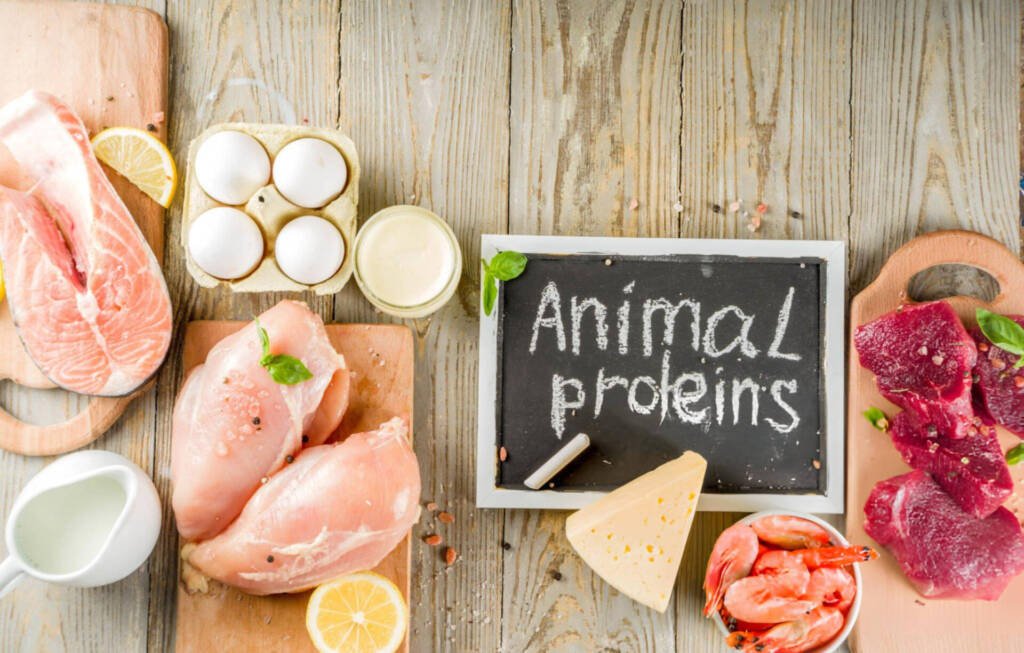
Preparation Phase
Assessing your current diet and health status is essential before embarking on the carnivore diet. Consult with a healthcare professional to ensure that this dietary approach aligns with your health goals and needs. A thorough evaluation will help you understand any potential risks and benefits associated with the diet.
Transitioning to the Carnivore Diet
Transitioning to the carnivore diet can be done gradually or suddenly, depending on your preference and tolerance. Some people find a gradual transition more straightforward, allowing their bodies to adjust to the new eating pattern slowly. Others prefer a sudden transition to jumpstart the process. During the first week, you may experience some initial adjustments as your body adapts to the new diet. It’s crucial to stay hydrated and listen to your body’s signals.
Essential Foods to Stock Up On
It’s important to stock up on essential foods to succeed on the carnivore diet. Focus on high-quality meats, fish, and dairy products. Opt for grass-fed beef, wild-caught fish, and pasture-raised eggs to get the best nutrition possible. These foods provide essential nutrients like protein, healthy fats, vitamins, and minerals that support overall health.
Meal Planning and Recipes

Sample Weekly Meal Plan
Planning your meals in advance can make the transition to the carnivore diet smoother. Here’s a sample weekly meal plan to get you started:
- Breakfast:
- Scrambled eggs with cheese
- Bacon and sausage
- Steak and eggs
- Lunch:
- Grilled chicken thighs
- Baked salmon
- Ground beef patties
- Dinner:
- Ribeye steak
- Lamb chops
- Pork tenderloin
Simple and Delicious Recipes
Here are a few easy recipes to keep your meals exciting and flavorful:
Grilled Steak:

Marinate a steak with salt and pepper, ensuring it’s evenly coated on all sides. Let it sit for at least 30 minutes to absorb the flavors. Preheat your grill to a high temperature, then place the steak on the grill. Cook to your desired doneness, flipping once halfway through. Once done, let it rest for a few minutes. Serve with a generous drizzle of melted butter for an extra touch of richness.
Baked Salmon:
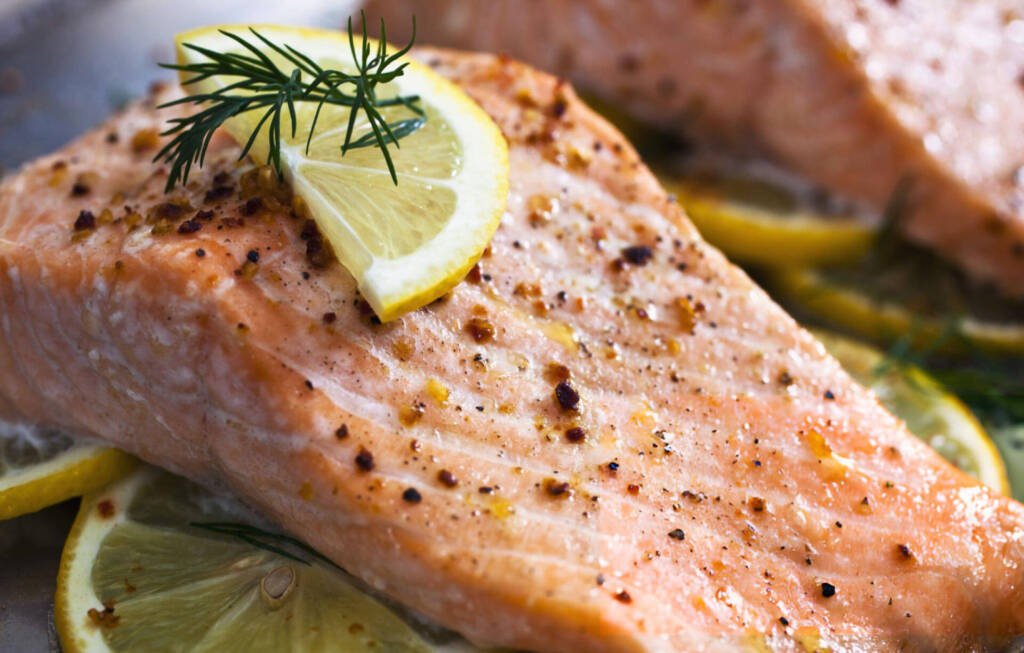
Preheat your oven to 375°F. Place a fresh salmon fillet on a baking sheet lined with parchment paper. Squeeze the juice of half a lemon over the fish, then sprinkle it generously with chopped fresh dill and a pinch of salt. For added flavor, you can also add a few slices of lemon on top of the fillet. Bake in the preheated oven for 20 minutes or until the salmon is cooked through and flakes easily with a fork. Serve with your favorite side dishes and enjoy!
Scrambled Eggs with Cheese:

Whisk eggs with a pinch of salt until well combined and slightly frothy. Heat a non-stick pan over medium heat and melt a small amount of butter, ensuring the entire surface is coated. Pour in the egg mixture and cook gently, stirring occasionally to create soft curds. Just before the eggs are fully set, sprinkle shredded cheese evenly over the top. Continue cooking until the cheese is melted and the eggs are cooked to your desired consistency. Serve immediately and enjoy!
Benefits of the Carnivore Diet

Physical Health Benefits
Weight Loss:
The carnivore diet can promote weight loss by significantly reducing carbohydrate intake, which helps to lower insulin levels and reduce fat storage. Additionally, this diet increases satiety by consuming protein and fat, leading to fewer overall calories consumed. Focusing solely on animal products may help individuals adhere to the diet, ultimately supporting their weight loss goals.
Reduced Inflammation:
This diet can help reduce chronic inflammation, which often contributes to various health issues. By eliminating potential inflammatory foods, it may improve joint health, reduce pain, and improve gut health, leading to an overall increase in quality of life and well-being.
Improved Digestion:
Many people report better digestion and fewer digestive issues on the carnivore diet, thanks to its simple and easily digestible food choices. By focusing on consuming primarily meat and animal products, individuals often find that their digestive systems are less burdened by complex carbohydrates and plant fibers, which can sometimes cause bloating and discomfort. This diet allows the digestive tract to efficiently process nutrients, leading to an overall sense of well-being and improved gut health.
Mental Health Benefits

Enhanced Focus and Clarity:
The carnivore diet provides a steady source of energy, supporting cognitive function and reducing brain fog. Eliminating carbohydrates and focusing on high-quality animal products helps maintain stable blood sugar levels, enhancing mental clarity and improving overall brain health.
Better Mood and Emotional Stability:
Some individuals experience improved mood and emotional stability on the carnivore diet, thanks to balanced blood sugar levels and reduced inflammation. This diet, which consists exclusively of animal products, eliminates many common allergens and anti-nutrients found in plant-based foods. As a result, people often report fewer digestive issues and an overall sense of well-being.
Testimonials and Success Stories
Real-life examples of transformations can be incredibly inspiring and motivating. Many people have experienced significant improvements in their health and well-being by adopting the carnivore diet, which focuses on consuming only animal products.
Their stories highlight the potential physical benefits, such as increased energy levels, weight loss, and improved digestion. They also emphasize the positive mental impacts, including enhanced clarity and mood stability. These personal accounts encourage others to try the diet, demonstrating that substantial changes are possible with commitment and the right approach to nutrition.
Potential Challenges and How to Overcome Them
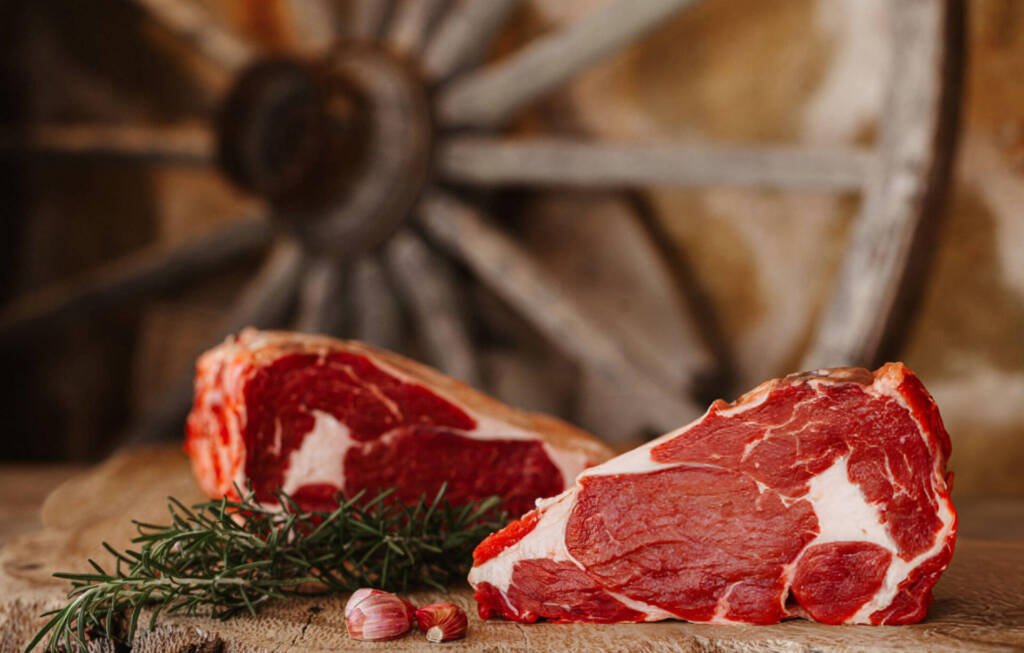
Nutrient Deficiencies
One concern with the carnivore diet is the potential for nutrient deficiencies. While the diet provides essential nutrients, ensuring you’re getting a balanced intake is necessary. Supplementing with vitamins and minerals like vitamin D, magnesium, and omega-3 fatty acids is also recommended to support overall health.
Social and Lifestyle Challenges
Eating out and attending social events can present challenges when following the carnivore diet. Communicate your dietary choices to friends and family, and don’t hesitate to bring your own food to gatherings. Many restaurants are accommodating and can prepare meals that fit your dietary needs.
Adaptation Phase
During the initial phase of the carnivore diet, you may experience symptoms known as the “keto flu.” These symptoms include fatigue, headaches, and irritability as your body adjusts to burning fat for fuel. Staying hydrated, getting enough electrolytes, and being patient can help manage these symptoms.
Tips for Long-term Success

Staying Informed and Educated
Continual learning is critical to long-term success on the carnivore diet. To fully benefit from this dietary approach, it’s essential to immerse yourself in a variety of educational resources. Explore books that delve into the science behind the diet, visit websites dedicated to carnivore nutrition, and listen to podcasts featuring expert interviews and personal success stories. Staying informed about the latest research and developments in the field of nutrition will help you make knowledgeable decisions and maintain optimal health.
Building a Support System
Building a support system is essential for staying motivated and connected. Surround yourself with positive influences, whether that’s friends, family, or mentors who understand your goals and challenges. Join online communities and forums where you can share experiences, ask questions, and find encouragement from like-minded individuals. Participate in discussions, attend virtual events, and seek out resources that can help you grow and stay inspired on your journey.
Tracking Your Progress
Keeping a food and symptom diary can help you track your progress and identify any patterns or areas for improvement. By meticulously documenting what you eat and any symptoms you experience, you can gain valuable insights into how different foods affect your body and make more informed dietary choices.
Regular health check-ups are also essential to ensure you meet your nutritional needs and maintain overall health. These check-ups allow healthcare professionals to monitor your vital signs, conduct routine blood tests, and provide personalized advice to keep you on track with your health and wellness goals.
Conclusion
The carnivore diet offers a unique approach to health and nutrition, exclusively emphasizing animal product consumption. This dietary lifestyle has shown potential weight loss, inflammation reduction, and mental clarity benefits. By understanding the basics, such as the types of meats to consume and the importance of sourcing quality products, preparing adequately with the right tools and mindset, and staying informed through research and community support, you can successfully transition to and maintain this diet.
Consider trying the carnivore diet and experience the potential transformations for yourself. Not only can it help with physical well-being, but many also report significant improvements in their overall energy levels and mood stability. For more information and support, explore our recommended resources, which include books, articles, and expert interviews, and connect with our community of health enthusiasts who share their experiences, tips, and encouragement. Embrace the journey towards a healthier you with the carnivore diet.



